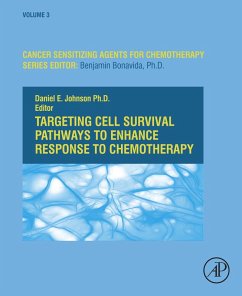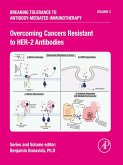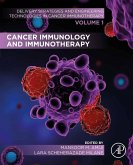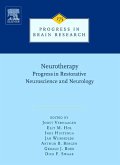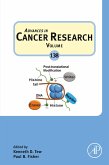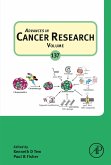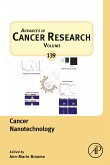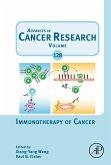Key pathways leading to chemoresistance emanate from growth factor receptors, PI3K, STAT3, anti-apoptotic Bcl-2 family members, autophagy, and the DNA damage response pathway. New advances have underscored the potential of targeting each of these cell survival mechanisms to improve responsiveness to chemotherapy. This book reviews these recent advances and provides a foundational background and hints of new opportunities for basic, translational, and clinical investigators focused on improving therapeutic responses to chemotherapy.
- Presents cutting-edge agents and approaches with proved success in different model systems that can be translated to a different type of cancer
- Brings updated information to be used to propose new clinical trials investigating innovative strategies for improving responses to chemotherapy
- Provides mechanistic details to help guide the design of laboratory studies associated with clinical trials
Dieser Download kann aus rechtlichen Gründen nur mit Rechnungsadresse in A, B, BG, CY, CZ, D, DK, EW, E, FIN, F, GR, HR, H, IRL, I, LT, L, LR, M, NL, PL, P, R, S, SLO, SK ausgeliefert werden.

